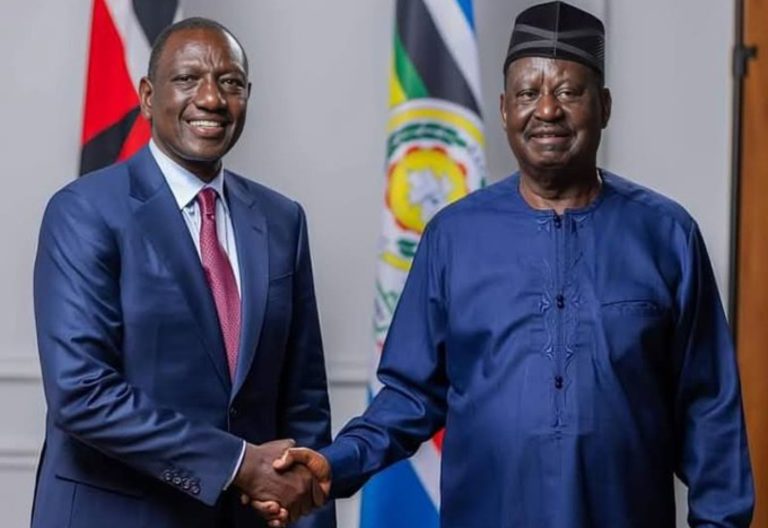Potential for Islamic finance resilience post-Covid
By PD columnist, April 13, 2023In the middle of the twin challenges presented by Covid-19, financial institutions emerged as a critical source of resilience. This is so because they continued to play a significant role in shaping the recovery of economies around the world and helping their customers rebuild their financial security during the period.
While the Covid-19 pandemic caused economic disruptions in many households, the role of Islam Banking was almost absent, especially in the Small and Medium Enterprises (SMEs) and retail lending, the sectors that were the most affected by the health crisis.
With a total market value of US$2.7 trillion, the global Islamic finance industry is sizeable, catering for the financial needs of around a quarter of the world’s population. Forecasts from the Islamic Development Finance Corporation suggest that global Islamic finance assets could reach $3.8 Trillion by 2024. This will be supported by the expansion of Islamic banking assets in some Gulf Cooperation Council (GCC) countries including Malaysia, and Turkey, and the expected exceeding maturities in Sukuk issuances. As traditional banking models continue to thrive, the role of niche banking models such as Islamic Finance has also come into sharp focus as their contribution to overall bank performance becomes more pronounced. Africa’s unbanked populations, particularly those opting out of the conventional system due to their religious beliefs, present an untapped pool of potential deposits and investments.
Although the pandemic offered the possibility of more broad-based and transformative growth, the industry has not yet fully unlocked the opportunities that support sustainable finance activity. It is believed that the impact of Covid-19 on households would have been lessened had there been a strong Islamic financial system that is more focused on compassion, care, and ethics, which are the key tenets needed to tackle such humanitarian crises.
Is Islamic finance a reliable alternative? The answer is a definite YES!
Coming at a time when millions have been pushed into extreme poverty because of the pandemic, Islamic finance is best positioned and well-suited to fight the economic consequences of Covid-19 and emerge as the winner due to its wide range of ethical and flexible financial services. Utilizing tailor-made social instruments such as Zakat, Qardh-Al-Hasan and Sadaqat, supporting vulnerable communities through direct cash transfers to the poor, vulnerable, SMEs is much easier, especially in the short run. Entities such as SMEs and organizations with a small capital base that might find it hard to reclaim their business health have products like Murabaha, Mudaraba and Musharaka to help them survive in the medium term.
If these services are customized to the needs of Islamic finance, they can help in achieving the broader objective of poverty alleviation and financial inclusion.
Fintech and ESG remain two areas of expansion. Covid-19 has demonstrated how the capacity of financial institutions to shift their mindset is critical for their continuity. For Islamic banks, higher digitalization and fintech collaboration could help strengthen their resilience in more volatile environments and open new avenues for growth.
The industry is partially there, and digitalization is now taking a prominent place among stakeholders in Islamic financial circles. Getting banking services digitally, issuing Sukuk on a digital platform using blockchain technology, and enhancing cyber security will be the three main factors that would help the resilience of the industry. Looking forward, the turn towards Environmental, Social, and Governance (ESG) in global finance is also expected to provide Islamic banking with substantial growth opportunities.
The writer is the Head of Sahl Banking at KCB Bank
More Articles

